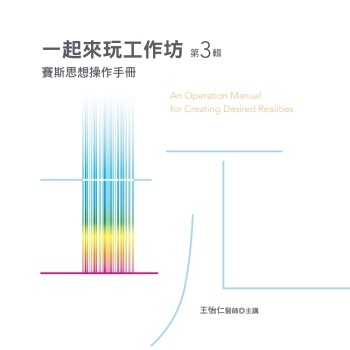This book examines the discourse around the intricate economic, political, and ideological struggles underlying Canadian fuel extractivism. Focusing on the two contending discourse coalitions formed by supporters and opponents of British Columbia’s liquefied natural gas (LNG) industry, the book explores the ongoing debates around the issue.
The book’s in-depth investigation of the BC LNG controversy identifies progressive extractivism as an increasingly popular policy/discursive paradigm adopted by fossil fuel advocates to legitimize unconventional fossil fuels in an era of intensifying climate crisis. It also highlights the importance of debunking the misleading "jobs versus the environment" dichotomy in mobilizing public opposition to carbon-intensive economic growth.
This deeply nuanced look at energy discourse in public policy will have resonance for scholars and students working in the areas of environmental communication, rhetoric, discourse analysis, public policy, and climate change rhetoric.







![塔木德:猶太人的致富聖經[修訂版]:1000多年來帶領猶太人快速累積財富的神祕經典 塔木德:猶太人的致富聖經[修訂版]:1000多年來帶領猶太人快速累積財富的神祕經典](https://media.taaze.tw/showLargeImage.html?sc=11100697818)




